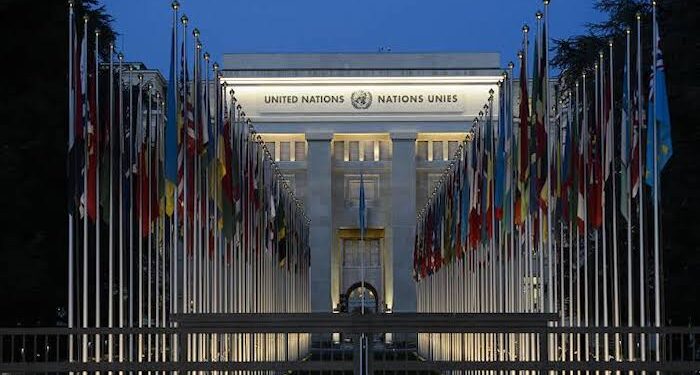A recently released United Nations World Economic Situation and Prospects (WESP) report for 2024 has spotlighted significant economic challenges facing Nigeria. The report underscores the risks associated with the country’s escalating public debt, persistent inflation, and the increasing cost of living, all of which could hamper economic growth in the current year.
Nigeria’s economic landscape is currently marked by an alarming inflation rate of 28.2%, coupled with a noteworthy surge in public debt from N49.85 trillion in Q1 to N87.38 trillion in Q2 of 2024, as reported by the Nigerian Bureau of Statistics (NBS).
Despite the concerning economic indicators, the UN report cautiously projects a slight uptick in Nigeria’s growth rate, forecasting an increase from 2.9% in 2023 to 3.1% in 2024. The report credits certain policy reforms, particularly in the hydrocarbon sector, implemented by the Nigerian government in 2023 for this modest improvement.
While acknowledging the positive impact of these reforms, the report highlights the potential dampening effects of mounting public debt, persistent inflation, and a challenging business environment on Nigeria’s growth prospects.
Efforts to enhance domestic oil refining capacity are cited as a positive step that could lead to reduced fuel costs within Nigeria in 2024 and beyond, offering a potential silver lining amid economic concerns.
Globally, the UN report points out subdued international trade in 2023, with Africa experiencing minimal year-on-year growth in merchandise trade volume. Although the report projects a moderate improvement in overall GDP growth for African economies in 2024, reaching an average of 3.5%, external conditions are anticipated to remain unfavorable due to a weak global economic outlook and limited external financing opportunities.
Developing countries, including Nigeria, grapple with challenges such as high external debt levels and rising interest rates, making access to international capital markets challenging. The report notes a decline in official development assistance and foreign direct investment for low-income countries, contributing to debt sustainability challenges.
Climate change emerges as a worsening concern, with extreme weather conditions in 2023 causing global wildfires, floods, and droughts. These events, the report emphasizes, have direct economic consequences, impacting infrastructure, agriculture, and livelihoods.
The report underscores the urgency for African economies, Nigeria included, to address these challenges comprehensively and adopt sustainable economic policies. It emphasizes the importance of robust intra-regional trade, as outlined in the ongoing implementation of the African Continental Free Trade Area (AfCFTA).
As more African economies consider monetary easing in 2024, the UN report notes that the monetary stance will likely remain generally tight unless major central banks, such as the United States Federal Reserve and the European Central Bank, adopt easing measures.
In conclusion, the UN report sheds light on the intricate economic landscape facing Nigeria in 2024, emphasizing the need for proactive and sustainable measures to navigate the challenges and foster resilient economic growth.


